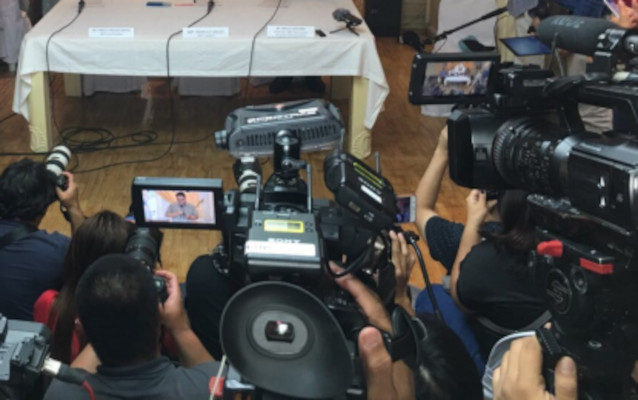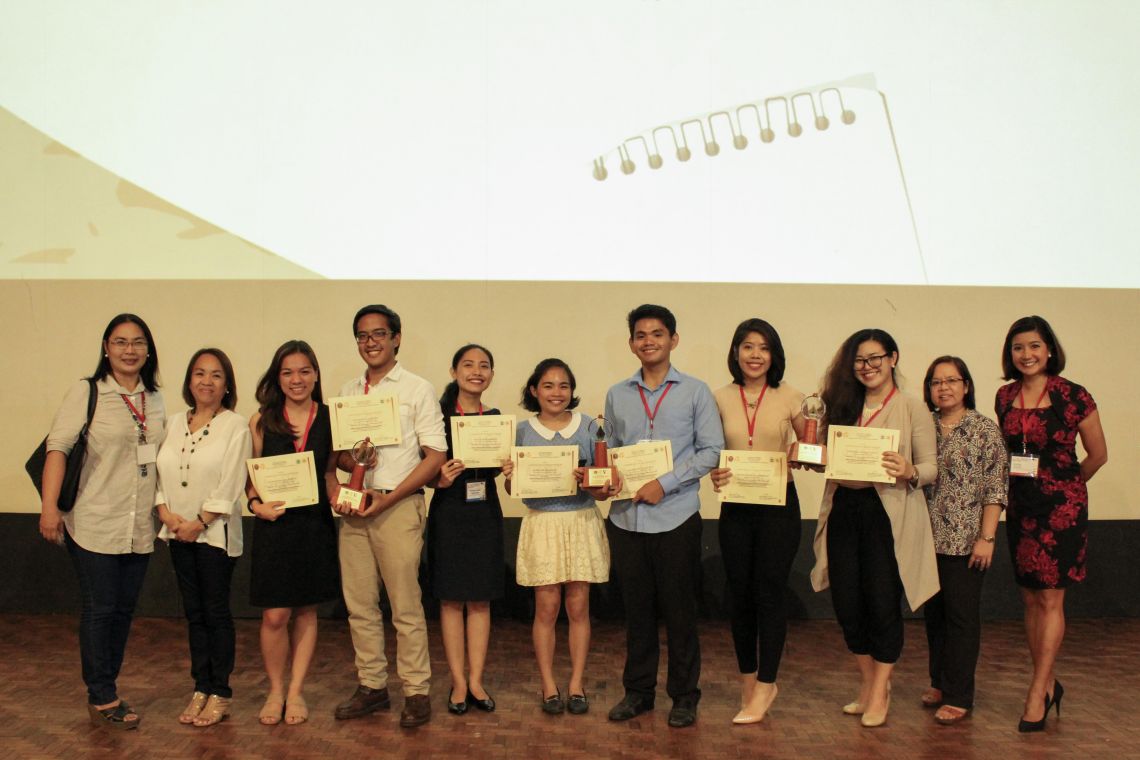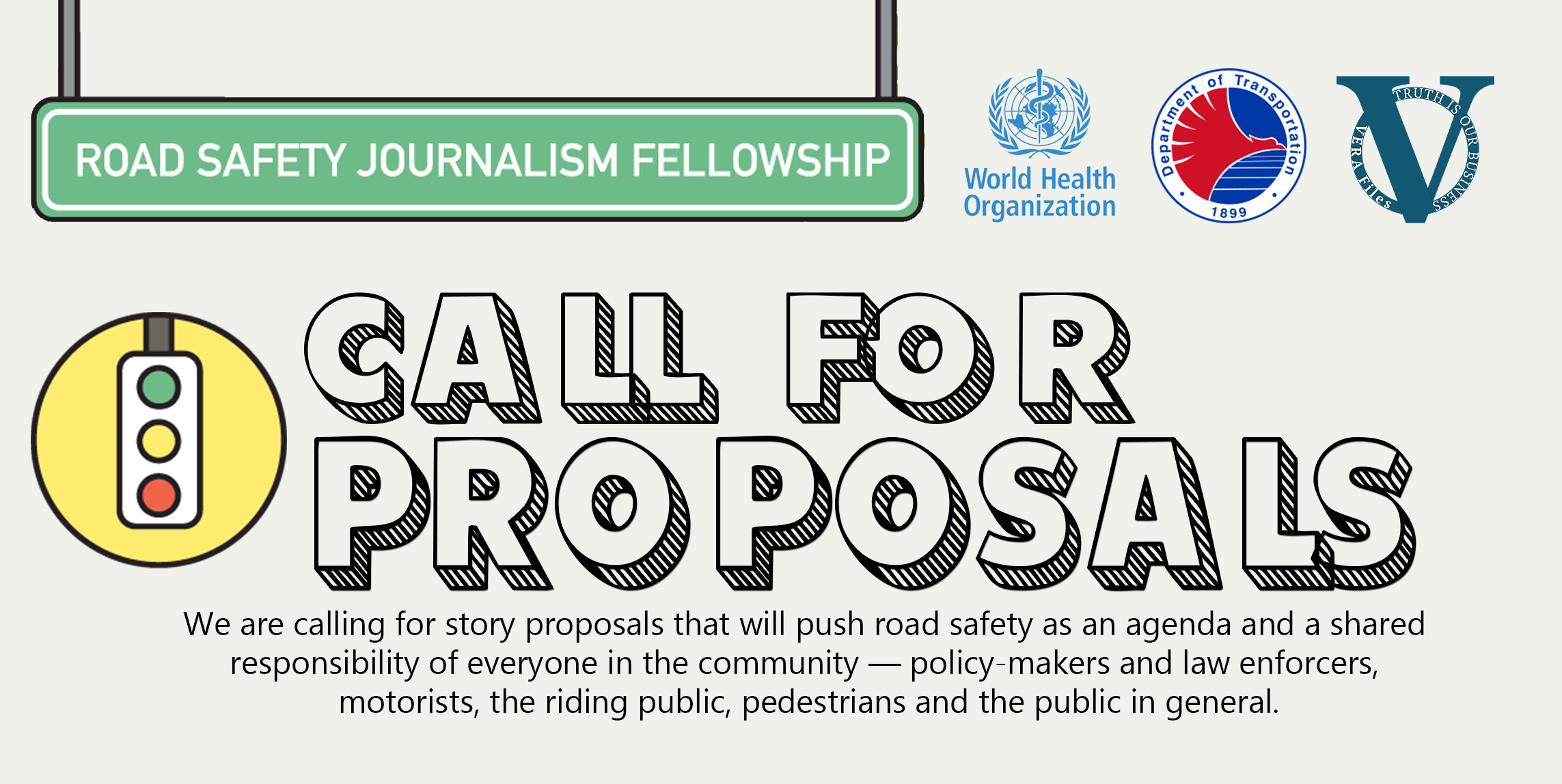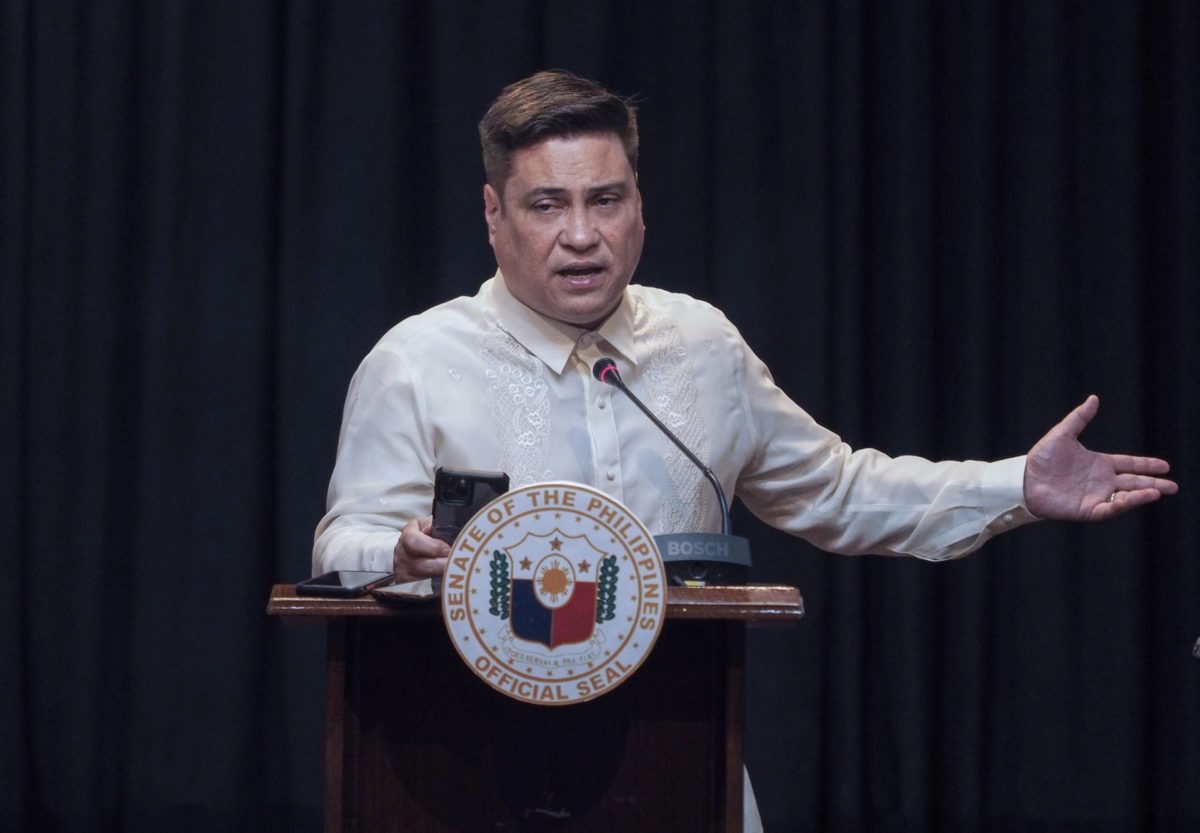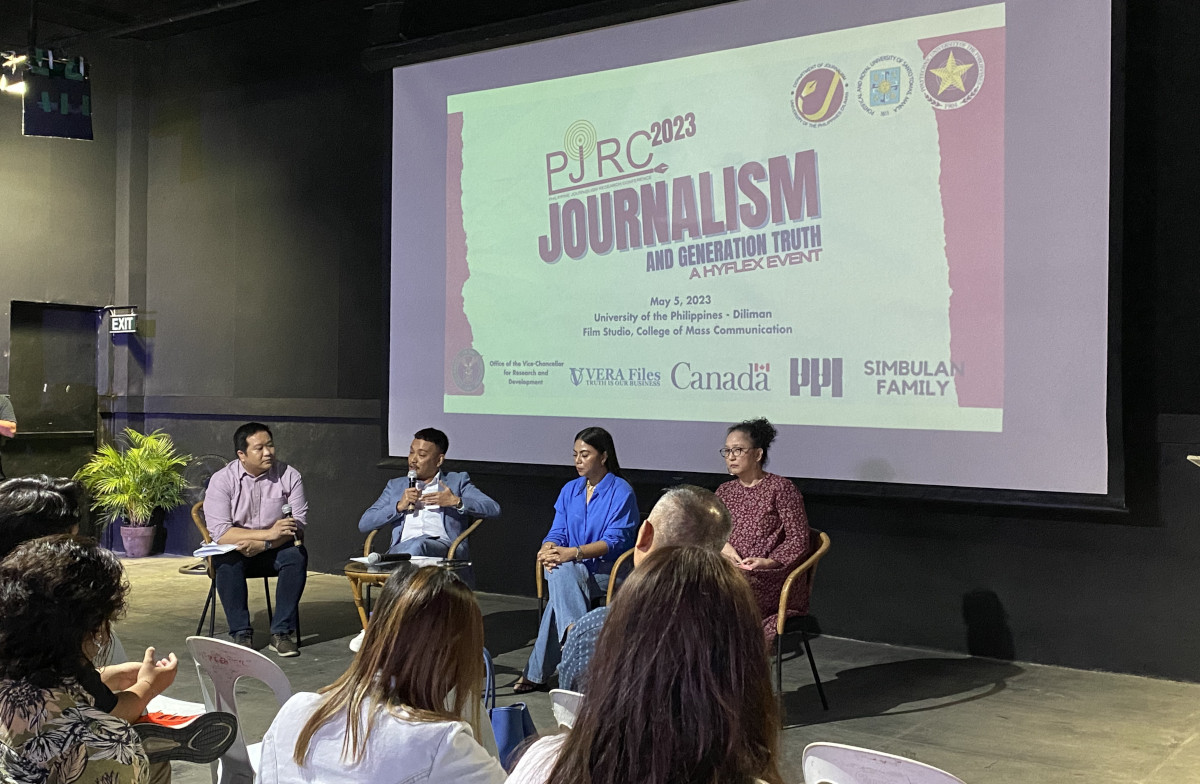Hours after the unofficial counting of the May 9 election votes showed Ferdinand “Bongbong” Marcos Jr. winning by a wide margin in the presidential race over Vice President Maria Leonor “Leni” Robredo, a reader told me to stop writing because the former senator’s apparent victory just proved that readers don’t believe what I write.
Since I began writing opinion pieces 10 years ago, I have been called so many names and described in so many ways that people who know me well wouldn’t recognize. Initially, I was hurt by some of the criticisms, particularly those that were twisted or taken out of context. But as time went by, I’ve learned to take them with a grain of salt. Handling criticism is a difficult but necessary part of my work as an opinion writer.
I was a field reporter for 20 years, spent mostly in the prime political beats, before I moved to newsroom duties as section editor in a news website. In those two decades, I’ve gone through many trying times.
When I was covering Malacañang, a press undersecretary asked the publisher of the newspaper I was writing for to take me out of the news beat. That was after I wrote a story about the conflicting positions of the then-Finance secretary Jesus Estanislao and then-Foreign Affairs secretary Raul Manglapus on the compensation package for the Military Bases Agreement between the Philippines and the United States. The undersecretary told my publisher that I was “sowing intrigue” in the Cabinet.
The publisher, a Malacañang appointee to the government-controlled newspaper I was writing for, immediately called me, asking how I got the story and why another newspaper did not have it, and the Malacañang press office did not carry it in its press releases. I was told to submit a written explanation within 48 hours. I did so in less than 24 hours, telling him that I got the story from interviews I did myself. The interview with Estanislao happened on a Friday with other reporters. Saturdays were usually quiet days in the Malacañang grounds. But on that seemingly uneventful day, I chanced upon Manglapus waiting for his car near the guardhouse. I asked for his reaction to Estanislao’s statements the previous day. And then, I got the story for the weekend. The newspaper’s editor in chief probably thought it was a good story that he made it the banner for the following day’s issue.
I explained to the publisher that I should not be faulted for getting a story that the other broadsheets did not get, simply because their reporters were not around and I did not share it. I should not be faulted as well if the Malacañang press office did not use it in its press releases because they were not there when I did the interview. In the first place, I said, if we were to toe the line of the press office or copy the reporting habits of the other newspaper’s reporter, then we should just join that other organization. I minced no words in my four-page explanation because I felt that being castigated for doing what I was expected to do was an insult to the exercise of my profession.
From that time on, the publisher stopped talking to me; he was replaced several months later. A few years after, I had a chance to ask him why I was asked to explain how and why I got the story. He simply said: “Orders from the top.” He refused to elaborate.
Ten years later, with another administration at the helm of government and me still writing for the same newspaper, I was again subjected to similar pressure. A press undersecretary, a former journalist, called my publisher and editor in chief, asking that I be terminated. When the two big bosses did not agree, the undersecretary suggested that I be transferred to another news beat. I was then covering the House of Representatives and had written about the habit of a handful of congressmen to initiate investigations into businesses or persons and then later settle and agree on a compromise, sometimes involving the exchange of huge amounts of money.
When the press undersecretary did not succeed in rendering me jobless, the congressmen “invited” me as a resource person to an ethics committee hearing for an investigation of their potential ethical breaches. I did not attend the first hearing, but was compelled to do so in the second after the House speaker was convinced into issuing a subpoena, not just once but thrice. The House sergeant at arms and the secretary general hand-delivered the subpoenas to me at the press working area.
At the hearing, I found myself on the hot seat, peppered with questions from the congressmen who were supposed to be the subjects of the investigation “in aid of legislation.” The questions centered on my sources. I can’t remember any question being directed at the congressmen about their perceived unethical behavior.
One of the congressmen hauled me to court with a libel suit that took more than 12 years to resolve; I was acquitted in 2016.
These incidents happened under a democracy. The first was during the Cory administration, and the second, under Gloria Macapagal Arroyo. These may have been isolated incidents, but these traumatizing episodes in my 35 years in journalism keep coming back, more so now that the incoming president has shown his displeasure with the critical press.
I just hope that none of these things happen to anyone else in the industry sooner or later.
Many young journalists, particularly those who covered the campaign sorties of candidates, have raised concerns about possible controls in the media under a Marcos Jr. presidency. The worries grew following the shabby treatment at the hands of the incoming president’s campaign and media handlers of reporters who raised critical questions and were perceived as anti-Marcos.
Threats to the practice of journalism will always be around. Overzealous deputies and supporters of those in powerful positions will always attempt to intimidate or silence journalists, probably not realizing that an important qualification in the profession is having a thick face and strong stomach for criticism.
The best weapon against these threats is ethical and diligent practice of the profession. The perks and privileges of being subservient may be tempting, but then, that’s not being true to journalism’s role as a watchdog.
If the presumptive president wants to sincerely push his unity agenda, he will have to reach out to the critical mainstream media and assure them that their fears of going back to the restrictive practice of journalism won’t happen under his watch. Ignoring the critical media while giving preference to social media influencers dishing out propaganda and disinformation will only make the situation as bad, if not worse, as it was in the past.
The views in this column are those of the author and do not necessarily reflect the views of VERA Files.
This column also appeared in The Manila Times.
